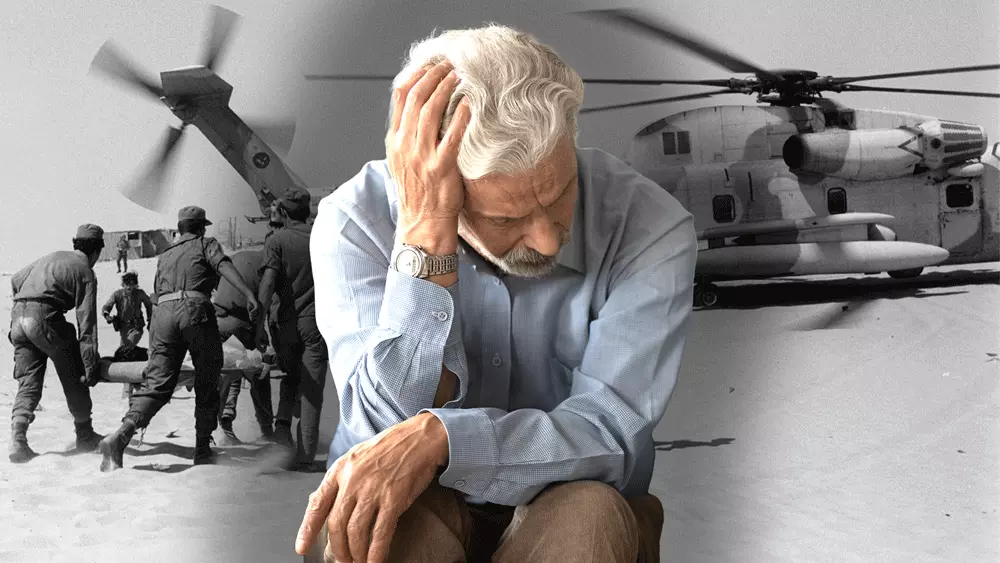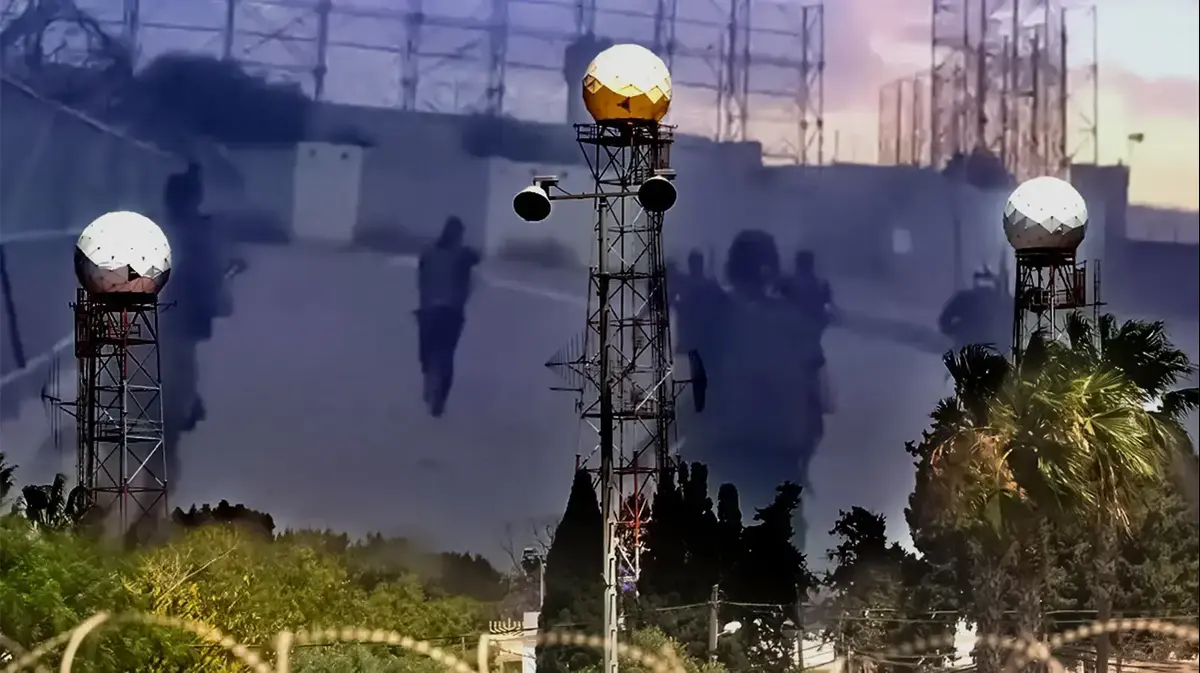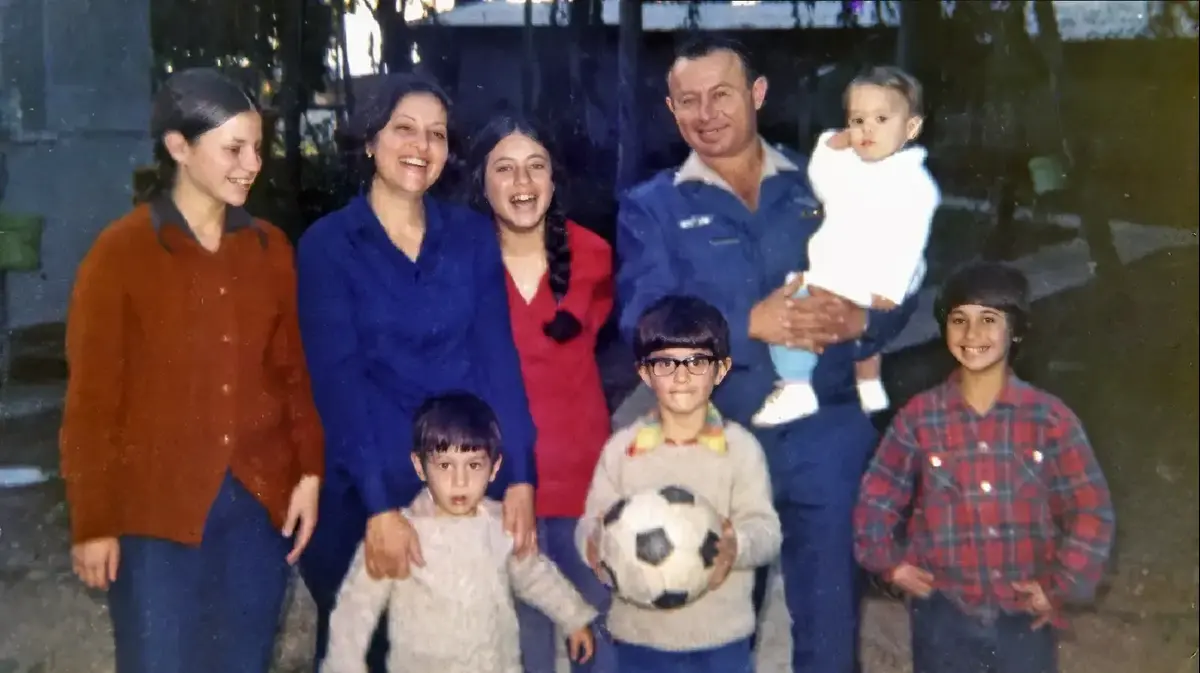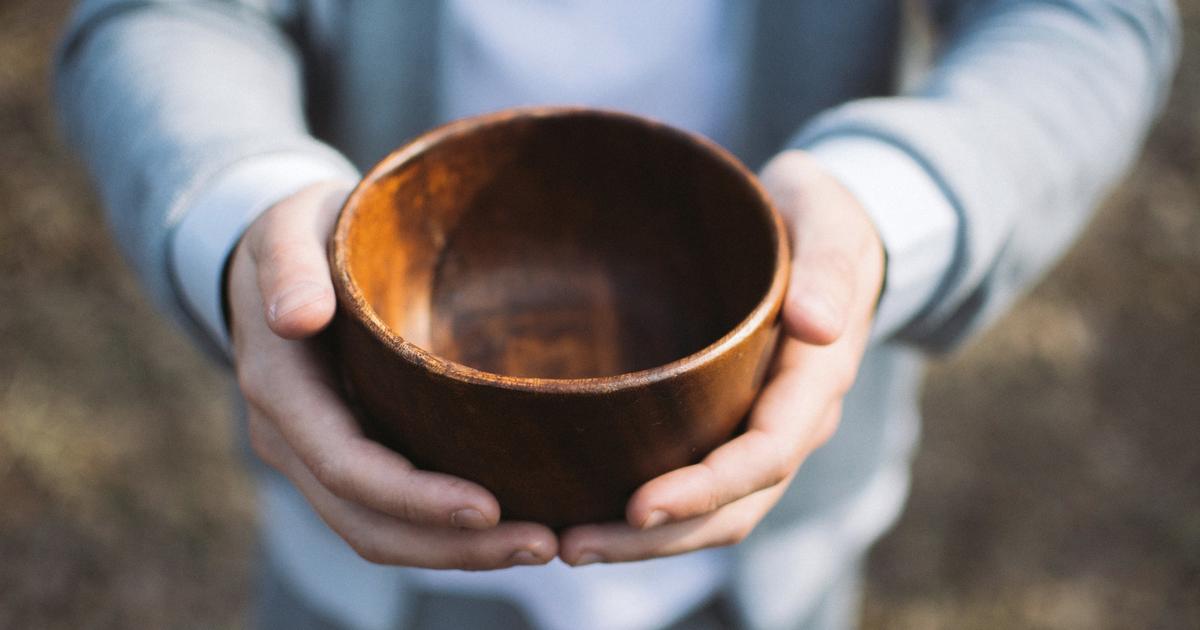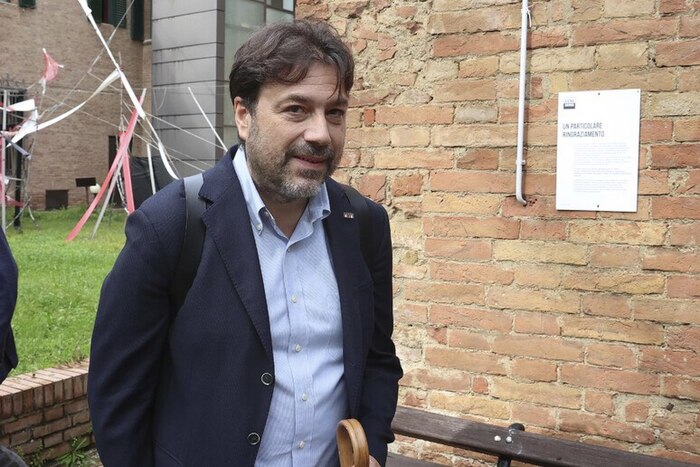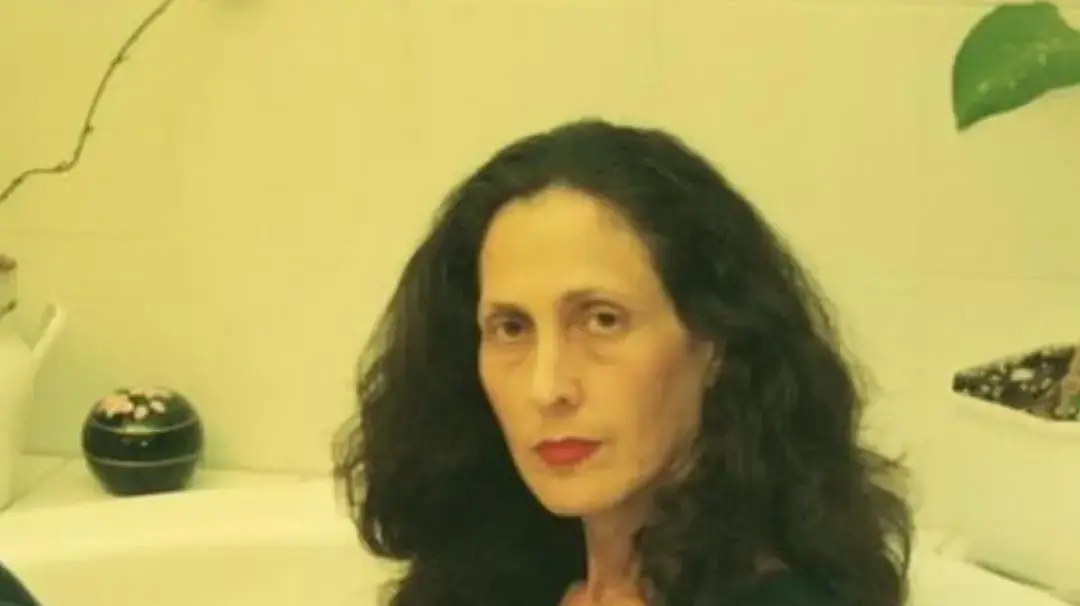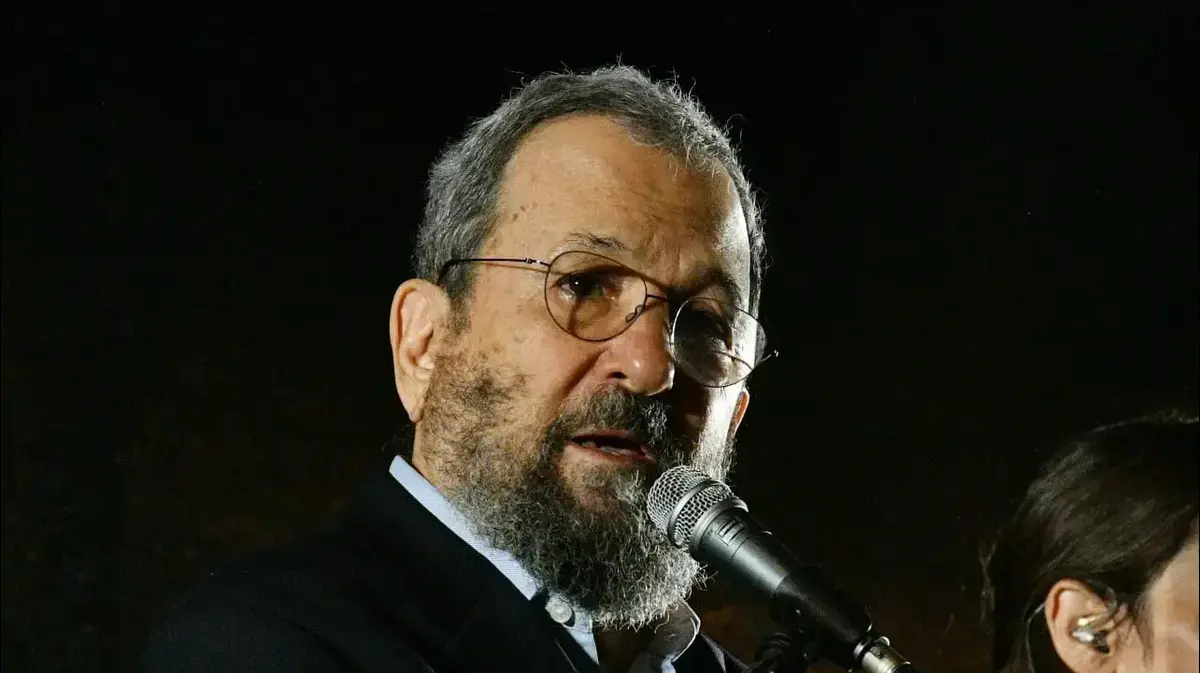The trauma from the Yom Kippur War is getting old - but stings more than ever
Even though 49 years have passed since that difficult war, every year there is a tens of percent increase in calls to the Netal Helpline from the fighters and their relatives in the days before and after Kippur, days that open the wounds that have not healed and provoke the trauma. How do you deal with this?
Prof. Rivka Tovel Mashiach
03/10/2022
Monday, 03 October 2022, 00:00 Updated: 23:46
Share on Facebook
Share on WhatsApp
Share on Twitter
Share by email
Share in general
Comments
Comments
These days open the wounds that have not healed and provoke the trauma.
An adult man holding his head (photo: Walla! system, photo editing)
The Yom Kippur War, 49 years ago, was one of the most difficult wars the State of Israel has known.
Many were captured, others fought in bloody battles, and saw their comrades killed while they were left to deal with the consequences of the war.
In recent years, more and more fighters from the Yom Kippur War began to talk about what was there, about that war that shaped their personalities and actually made them who they are today.
Many of them suppressed, hid and did not even attribute everything they went through for 49 years to a post-traumatic reaction related to the war.
Even though quite a few years have passed since that war, every year you can see a tens of percent increase in calls to the Netal Helpline from the fighters and the indirect circles in the days leading up to Yom Kippur and after it. These days open the wounds that have not healed and stir up the trauma. Many of them for the first time decide to speak , share and ask for support.
Trauma is aging
The impact of exposure to traumatic events on the physical and mental health of people has been studied in depth in relation to different age periods in life, but only a minority of the research refers to the effects of trauma on old age.
One of the most studied reactions is the post-traumatic disorder PTSD, which includes a variety of emotional and behavioral symptoms of the traumatic event, including flashbacks, avoidance of memories that recall the trauma, high physiological arousal, and difficulties in emotional and cognitive regulation.
More in Walla!
"Bearing the terrible burden": Ephraim went to the Yom Kippur war with his four friends, and returned alone
To the full article
Partial post-traumatic reactions are very common in the period close to traumatic events, but the full disorder characterizes between 10-20 percent of those exposed to traumatic events.
Those who suffer from post-traumatic stress disorder, even partially, find it very difficult to return to the path of their life as they knew it, because the symptoms make it very difficult for behavioral and emotional functioning.
From studies done in Israel and around the world, it seems that in old age there are some unique phenomena that are important to understand in depth, and to develop suitable solutions for them.
First, it seems that quite a few fighters who resisted (or didn't know) to define themselves as post-traumatic, begin at this age to recognize the traumatic reactions themselves, and recognize their need to receive treatment.
The explanation for the increase in the detection rate at this age is not clear: it is possible that with retirement they have more time to take care of themselves, and are therefore more attentive to the distress they have repressed over the years.
Another explanation is that with aging feelings of vulnerability arise, and the sensitivity increases and it is possible that issues that the person managed to repress and not think about, arise with increased intensity at this age.
Many would not attribute everything they have been through for the past 49 years to post-trauma from the war.
Eyes of an adult man (Photo: ShutterStock)
In addition to this, it seems that post-trauma has unique effects on old age, affecting health and even life expectancy.
Quite a few studies in the US have examined PTSD according to different clusters and grade levels. Those studies, conducted among the population of aging soldiers, have shown that sometimes the symptomatic picture itself changes in old age. For example, it was found that among soldiers over the age of 60, the general PTSD score was lower than in a corresponding group of younger fighters, and that the clinical picture changes little, so that the cluster symptoms of arousal and avoidance were lower among the older compared to the younger. Of course, this does not mean that they suffer less, but the intensity of the PTSD is reduced more than at younger ages.
In the groundbreaking research of Prof. Zehava Salomon, who followed for many decades soldiers and captives from the Yom Kippur War and the Lebanon War, it emerged that trauma accelerates aging processes, and is linked to increased morbidity and mortality among captives compared to non-captured warriors.
In a large-scale American longitudinal study (The veteran's affairs normative aging study) that began in the 1960s and followed for many years the health status of warriors aged 50-85, it was found that it was not the exposure to battle per se that was critical in affecting the health status, but the presence of a diagnosis of post-traumatic stress disorder.
PTSD has been found to predict the onset of heart disease, functional limitations and disabilities in old age.
By the way, interestingly, it was found that variables linked to distress in the third age were related to the way the person evaluated (looking back) his military service and how much he felt it contributed to him, and the way he receives support and understanding from the community that surrounds him.
Yom Kippur fighters feel they have been forgotten
Even in Israel, where we have soldiers in their 60s, 70s or 80s, it is important that we recognize the lasting, and sometimes deferred, effects of the trauma associated with military service.
As an age group, old people dealing with post-traumatic stress in general, and with a military background in particular, are a group that suffers from double marginalization - as old people and as post-traumatic.
This marginalization may lead not only to their social exclusion, but also to the lack of a correct diagnosis of their needs, or to a misinterpretation of the difficulties they face.
With aging, feelings of vulnerability arise, and are harder to repress.
Israeli and Syrian tanks in the Yom Kippur War (Photo: AP)
Each of us can listen and allow them to share and tell what they went through during the war, or after it.
Many times, this is exactly the stage in their lives where they want to talk and tell what happened to them and they need us as witnesses to their story
At the Natal Association, which provides psychological assistance to post-trauma survivors of nationalism and terrorism, they testify that over 20 percent of the applicants over the years are fighters from the Yom Kippur War. In recent years, there has been an increase in the number of applicants to the line, both from the fighters and from the indirect circles, girls and their spouses and children, who share the feeling that they have been "forgotten", and ask for support, listening and an answer to the difficulty they have faced for decades.
This is precisely our place as a society, to bear the responsibility of caring for those who fought for Israeli society, even if many decades have passed since the day they finished their service. On a personal level, each of us can listen and allow them to share and tell what they went through during the war, or after it. Many times, this is exactly the stage in their lives when they want to talk and tell what they went through and they need us as witnesses to their story. At the academic level, more research is needed in the field about In order to understand the needs of fighters in old age and accordingly, development and adaptation of therapeutic torture.
Do not carry this journey alone, it is never too late to reach out and get help.
For psychological assistance, call the helpline of Netel - 1800-363-363
Professor Rivka Tovel Mashiach is a clinical psychologist, an international expert on responses to personal and collective trauma events, the chairman of the steering committee at Netel, which provides psychological assistance to post-trauma victims on a national and terrorist background, and a faculty member in the Department of Psychology at Bar Ilan University
health
psychology
Tags
Yom Hakkipurim War
Post Trauma
depression
war
burden

